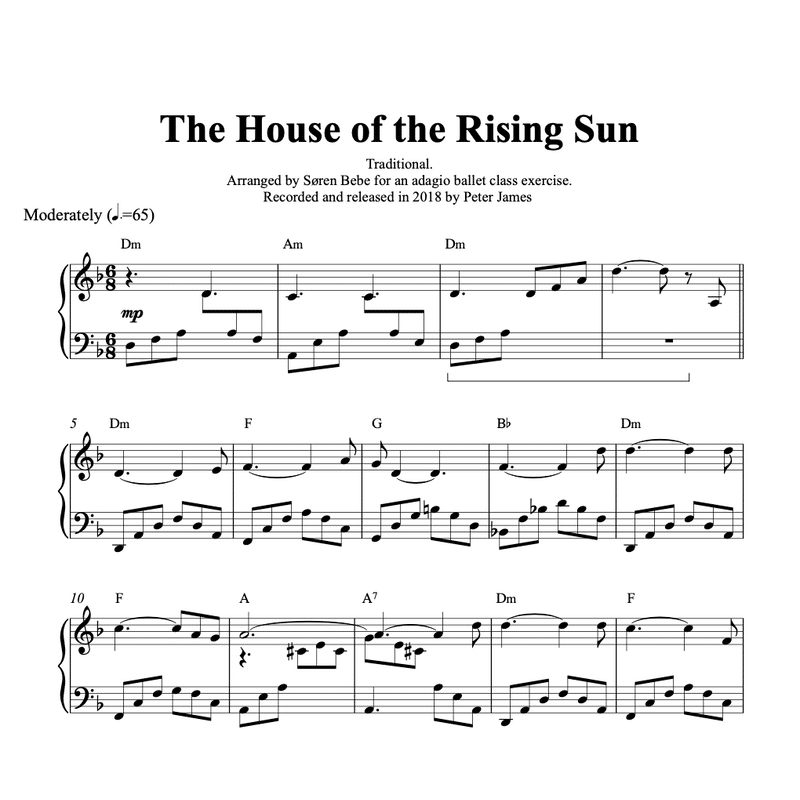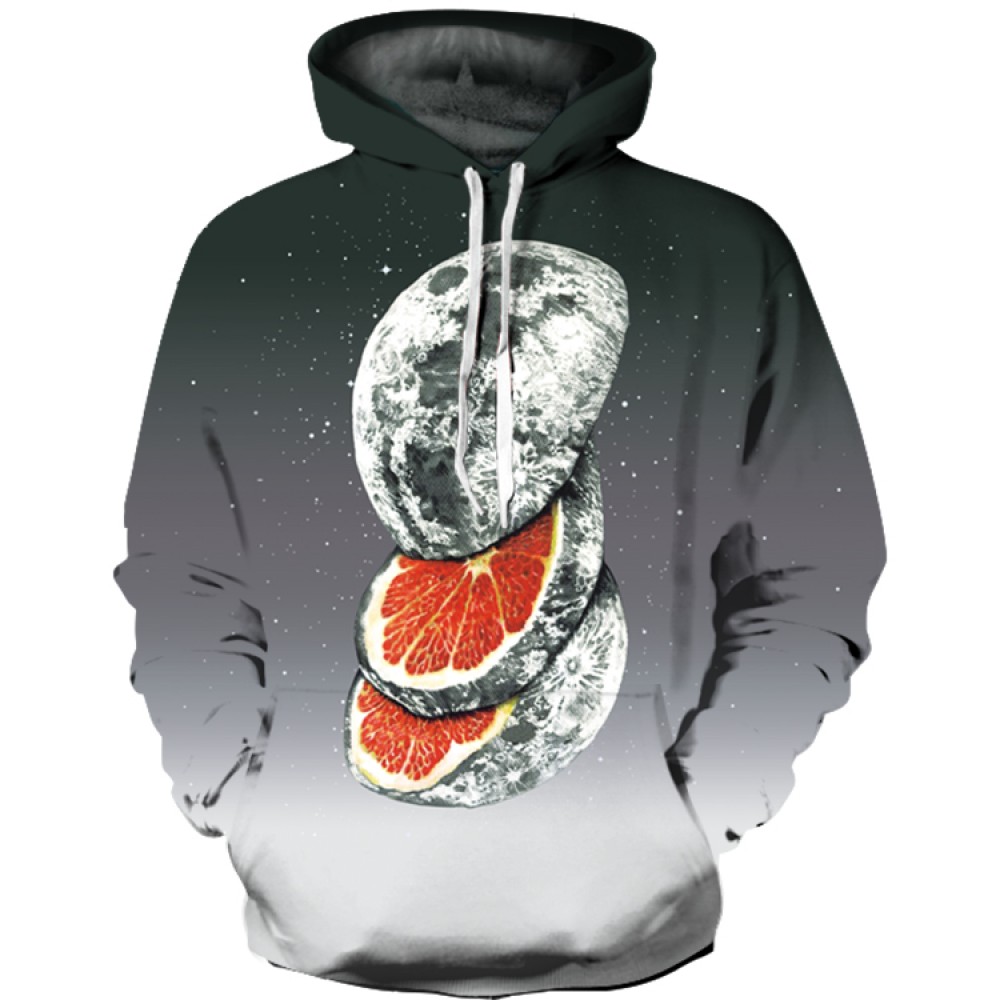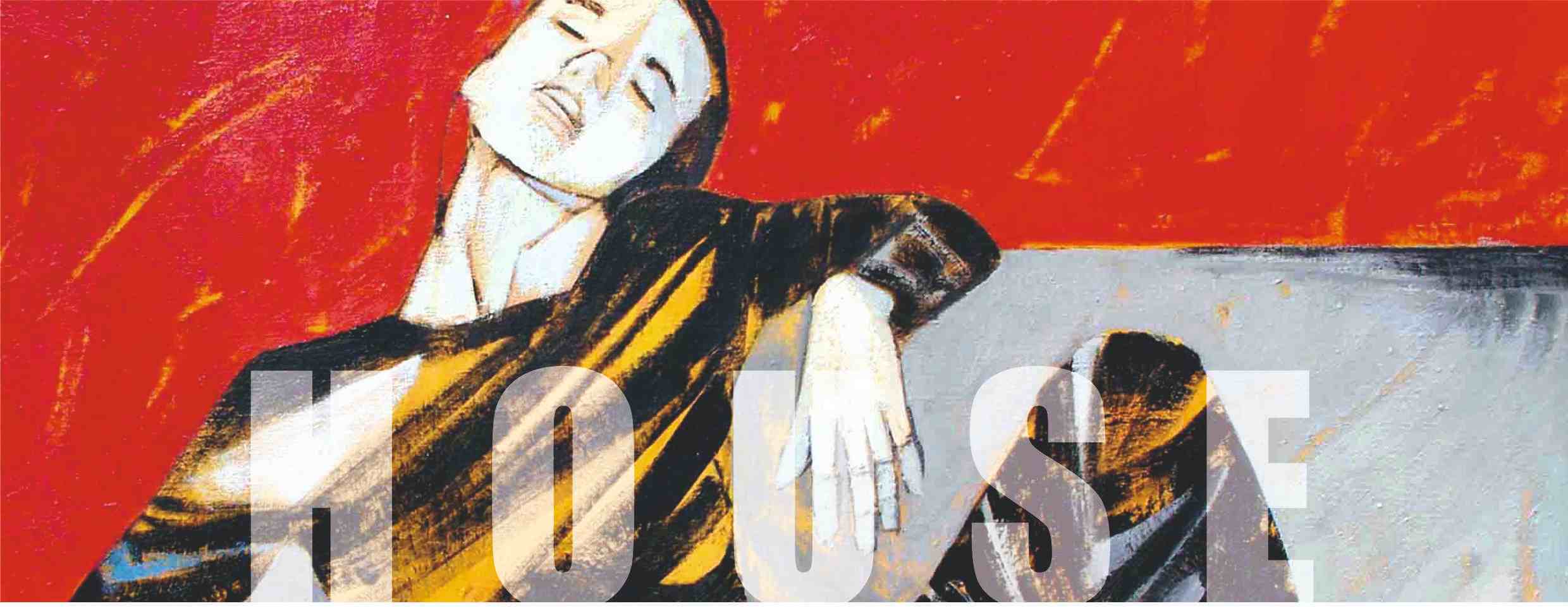Table Of Content

Bob Richmond, an American lawyer working for Nakamoto, reveals that he is the real killer and tries to run away, only to be killed by Eddie Sakamura's yakuza friends. After being interrogated, Smith is put on paid leave due to an ongoing investigation of an earlier corruption charge. Regrouping with Connor and Jingo, the three view the original surveillance footage, which shows Senator Morton performing erotic asphyxiation on Cheryl. Falsely believing he killed her, Morton changes his position on the regulation bill to stay in Nakamoto's good graces. After leaving the boardroom, the footage shows another figure approaching and killing Cheryl by strangulation.

Dolly Parton version
Many have sung “House of the Rising Sun” before Eric Burdon took it on with the Animals, and many will sing it in the future. Its psychological insight and philosophical meaning are all too relevant for this song to be anything but timeless. But it’s hard to imagine that anybody will ever again inhabit that doomed soul at the epicenter of the tale quite as well. Colombian band Los Speakers covered the song under the title "La Casa del Sol Naciente", in their 1965 album of the same name.
Popular Rock Bands Whose Biggest Hit Is a Cover

A beautiful, comprehensive volume of Dylan’s lyrics, from the beginning of his career through the present day-with the songwriter’s edits to dozens of songs, appearing here for the first time. A song is written, and, if it’s special enough, it hangs around waiting for an artist to claim it, putting their indelible stamp on it so that all other versions are henceforth compared to that one unforgettable take. Nobody is sure who wrote “House of the Rising Sun.” But we do know that the Animals, powered by the blustery vocals of Eric Burdon, claimed it. Smith and Connor suspect Eddie Sakamura, Cheryl's boyfriend and agent of a Nakamoto rival, of killing her, and interrogate him at a house party.
Popular The Animals Lyrics
Five Finger Death Punch's remake reached number 7 on the US Billboard Mainstream Rock chart. The song was first collected in Appalachia in the 1930s, but probably has its roots in traditional English folk song. We're doing our best to make sure our content is useful, accurate and safe.If by any chance you spot an inappropriate comment while navigating through our website please use this form to let us know, and we'll take care of it shortly.
The Number Ones: The Animals' “The House Of The Rising Sun” - Stereogum
The Number Ones: The Animals' “The House Of The Rising Sun”.
Posted: Thu, 28 Jun 2018 07:00:00 GMT [source]
Origin and early versions
Rising Sun was released on 30 July 1993 in 1,510 theaters across the US.[7] It grossed $15,195,941 (24.1% of total gross) on its opening weekend. During its run in theaters, the film grossed $63,179,523 (58.9%) in the US and $44,019,267 (41.1%) overseas for a worldwide total of $107,198,790. Nakamoto is in the midst of sensitive negotiations for the acquisition of an American semiconductor company, with Senator John Morton, a guest at the party, abruptly changing his stance on a bill that would prevent the merger from going through. Suspecting his sudden shift is somehow related to the murder, Connor and Smith attempt to interview him at his campaign office, but without success. He reveals that he was being tailed that day by Tanaka, a Nakamoto security agent attempting to locate the original disc.
The Animals' version
Hilton Valentine played the stoic arpeggiated guitar part that foundations the song, while Alan Price tore into the organ solo as if trying to free every tortured soul trapped in this sinister place. The song is also credited to Ronnie Gilbert on an album by the Weavers released in the late 1940s or early 1950s. Pete Seeger released a version on Folkways Records in 1958, which was re-released by Smithsonian Folkways in 2009.[16] Andy Griffith recorded the song on his 1959 album Andy Griffith Shouts the Blues and Old Timey Songs. The musicologist Alan Lomax couldn’t even pinpoint the song’s exact origin, although he found evidence that jazz musicians knew of it even before World War I. Early versions of the song had promoted the meaning that the Rising Sun was a brothel. Male singers made it “the ruin of many a poor boy,” which transformed the title establishment into a gambling den. I had learned it sometime in the 1950s, from a recording by Hally Wood, the Texas singer and collector, who had got it from an Alan Lomax field recording by a Kentucky woman named Georgia Turner.
In August 1980, Dolly Parton released a cover of the song as the third single from her album 9 to 5 and Odd Jobs. Like Miller's earlier country hit, Parton's remake returns the song to its original lyric of being about a fallen woman. The Parton version makes it quite blunt, with a few new lyric lines that were written by Parton. Parton's remake reached number 14 on the US country singles chart and crossed over to the pop charts, where it reached number 77 on the Billboard Hot 100; it also reached number 30 on the US Adult Contemporary chart. Parton has occasionally performed the song live, including on her 1987–88 television show, in an episode taped in New Orleans. Keynote Records released one by Josh White in 1942,[27] and Decca Records released one also in 1942 with music by White and the vocals performed by Libby Holman.[28] Holman and White also collaborated on a 1950 release by Mercury Records.
Frijid Pink version
Dylan’s recording would later provide the basis for The Animals' 1964 version, which became a massive and iconic hit. By the time the ’60s rolled around, the folk legend Dave Van Ronk included an intense take on “House of the Rising Sun” as a steady part of his live repertoire. His young acolyte Bob Dylan largely mimicked Van Ronk’s arrangement of the song and included it on his debut album. Across the pond at around the same time, Burdon apparently heard the song from a local folk singer in England. Burdon brought it into the Animals, who electrified the song for their 1964 self-titled debut album.
More Songfacts:
White is also credited with having written new words and music that have subsequently been popularized in the versions made by many other later artists. Although the date and author of the song are unknown, some musicologists have said that it resembled ballads of the 16th century, and could very easily have derived from one of that time. As a popular folk song, the oldest record of “House of the Rising Sun” in reference to a song was 1905, and it was first recorded in 1933 by an Appalachian group. Other early recordings include Woody Guthrie’s version from 1941 and Bob Dylan in 1961. The version by the Animals, however, is by far the most popular, and Dylan is often annoyed when it is assumed that he covered that song from them. That release had no songwriting credit, but the liner notes indicate that Dylan learned this version of the song from Dave Van Ronk.
The single also charted in Australia (number 14), France (number 36), and Italy (number 54). "House of the Rising Sun" was not included on any of the group's British albums, but it was reissued as a single twice in subsequent decades, charting both times, reaching number 25 in 1972 and number 11 in 1982. Florida Georgia Line's "Cruise" spent 24 weeks on top of the country chart- the most ever until Sam Hunt's "Body Like a Back Road" was #1 for 34 weeks. The record was previously held by Eddy Arnold's "I'll Hold You in My Heart ( ), Hank Snow's "I'm Moving On" ( ) and Webb Pierce's "In the Jailhouse Now" (1955), which each led for 21 weeks.
I put a different spin on it by altering the chords and using a bass line that descended in half steps—a common enough progression in jazz, but unusual among folksingers. By the early 1960s, the song had become one of my signature pieces, and I could hardly get off the stage without doing it. Versions of the song have been recorded by many notable artists including Lead Belly, Joan Baez, Ramblin' Jack Elliot, Dolly Parton, Waylon Jennings, Nina Simone, Adolescents, The Ventures, Duane Eddy and Five Finger Death Punch. The song is often heard in the soundtracks of popular TV shows (The West Wing and Supernatural) and movies (Suicide Squad).













